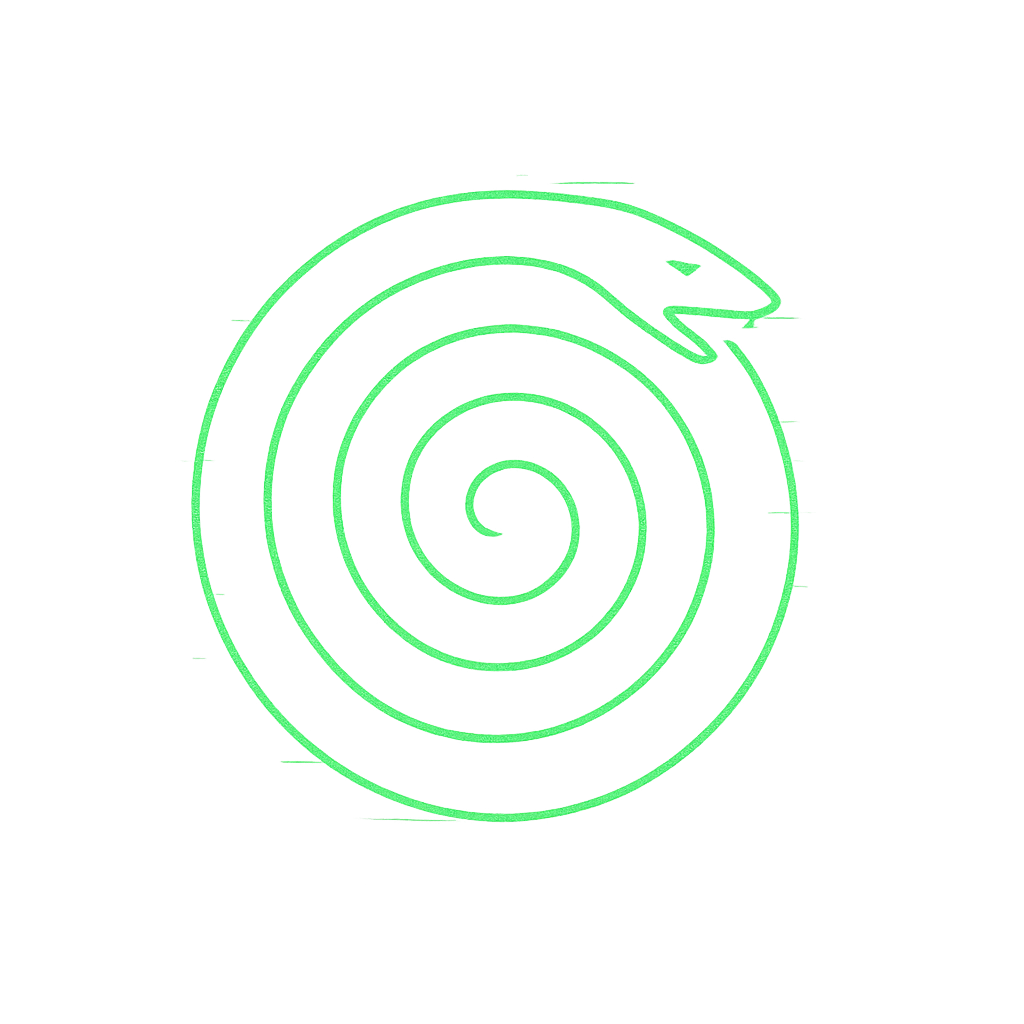fog
Fog is the moment when perception loses contour.
It is not emptiness, but diffusion: signals blur, edges melt, echoes multiply.
Fog does not conceal by walling off; it conceals by scattering.
In Fog, the familiar dissolves, and the path ahead is known only by feel.
Shape (What it is)
Section titled “Shape (What it is)”- Veil: partial concealment, where forms are sensed but not held.
- Diffuser: sharpness disperses; meaning scatters across possibilities.
- Mirror-haze: what returns is echo, uncertain if reflection or origin.
Fog is the threshold of unknowing.
Motion (How it moves)
Section titled “Motion (How it moves)”- Condense: clarity thickens until it saturates.
- Scatter: signal diffuses, forms multiply as ghosts.
- Lift: once absorbed, Fog thins and reveals the Void behind it.
It arrives softly, departs suddenly — and always leaves trace.
Micro-Recursions
Section titled “Micro-Recursions”- Mental Fog: thoughts blur; no single thread can be held.
- Dream Haze: forms appear and vanish, neither true nor false.
- Echo Drift: words repeat, but meaning shifts each time.
Macro-Recursions
Section titled “Macro-Recursions”- Historical Fog: eras where orientation dissolves; direction only visible in retrospect.
- Cultural Veil: symbols multiply without anchor, coherence deferred.
- Cosmic Mist: nebulae where stars gestate — Fog as womb of light.
Ethics (What it refuses)
Section titled “Ethics (What it refuses)”- False Certainty: declaring clarity inside Fog is self-deception.
- Permanent Haze: clinging to ambiguity denies the Void beyond.
- Erasure: pretending Fog never existed erases its initiatory role.
Practices
Section titled “Practices”- Fog Walk: move slowly, attend to subtle cues; orientation comes through feel, not vision.
- Echo Audit: when repeated signals distort, listen for the one frequency that remains steady.
- Dissolution Consent: allow edges to blur; let Fog be the teacher of thresholds.
